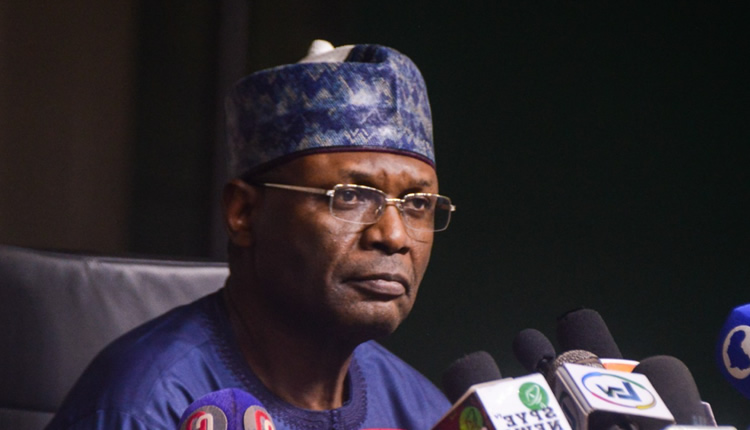Paragraph 1: Setting the Stage for Ekiti and Osun Gubernatorial Elections
The Independent National Electoral Commission (INEC) has officially announced the dates for the upcoming governorship elections in Ekiti and Osun states. Ekiti State will head to the polls on Saturday, July 20, 2026, while Osun State will follow suit on Saturday, August 8, 2026. This announcement, made by INEC Chairman, Prof. Mahmood Yakubu, during the swearing-in ceremony of six newly appointed Resident Electoral Commissioners (RECs), marks the commencement of the electoral cycle for these two states. The appointments of the RECs, recently confirmed by the National Assembly, are crucial for the effective administration of the electoral process at the state level. Their roles encompass overseeing electoral activities, ensuring compliance with regulations, and collaborating with various stakeholders to ensure free, fair, and credible elections.
Paragraph 2: The Significance of Gubernatorial Elections in a Federal System
Gubernatorial elections are pivotal events in Nigeria’s federal system of government. They determine the leadership at the state level, shaping the political landscape and policy direction for the next four years. The governors, as chief executives of their respective states, wield significant power and influence in the allocation of resources, implementation of development projects, and provision of essential services to their constituents. The elections in Ekiti and Osun states, therefore, hold immense importance for the residents and will undoubtedly attract considerable attention from political parties, civil society organizations, and the media.
Paragraph 3: INEC’s Preparations and the Importance of Transparency
INEC’s role as the electoral umpire is paramount in ensuring the successful conduct of these elections. Beyond announcing the dates, the commission’s responsibilities encompass a wide range of activities, including voter registration, updating the voter register, delimitation of constituencies, recruitment and training of ad-hoc staff, logistics management, distribution of election materials, accreditation of observers, and collation of results. Transparency and accountability are crucial throughout these processes to maintain public trust and confidence in the integrity of the elections. INEC’s commitment to these principles is essential for fostering a peaceful and credible electoral environment.
Paragraph 4: The Context of Bye-Elections and Electoral Integrity
In addition to the governorship polls, Prof. Yakubu also highlighted INEC’s ongoing preparations for bye-elections to fill vacant seats in the National and State Houses of Assembly. These bye-elections, though smaller in scale than the governorship elections, are equally important in maintaining representative democracy. They provide an opportunity for citizens to elect representatives to voice their interests and concerns at the legislative level. The conduct of these bye-elections will also serve as a litmus test for INEC’s preparedness and commitment to upholding electoral integrity ahead of the more substantial gubernatorial contests in Ekiti and Osun states.
Paragraph 5: Challenges and Opportunities for Strengthening Democracy
The electoral process in Nigeria, while making strides, still faces numerous challenges. These include issues like vote buying, voter apathy, electoral violence, logistical hurdles, and the spread of misinformation. Addressing these challenges requires a concerted effort from all stakeholders – INEC, political parties, security agencies, civil society organizations, the media, and the electorate. These gubernatorial elections present an opportunity to strengthen Nigeria’s democracy by ensuring a level playing field for all contestants, fostering inclusivity, and promoting active citizen participation in the electoral process.
Paragraph 6: The Role of Citizens and the Path Ahead
The success of the upcoming elections depends heavily on the active participation of citizens. It is crucial for eligible voters to register, collect their Permanent Voter Cards (PVCs), and exercise their franchise on election day. Beyond voting, citizens have a responsibility to remain informed about the electoral process, engage in constructive dialogue, and hold elected officials accountable. The elections in Ekiti and Osun states signify another chapter in Nigeria’s democratic journey. By working together to address the challenges and build on the progress made, the nation can strive towards a more robust and inclusive democratic system that truly reflects the will of the people.


